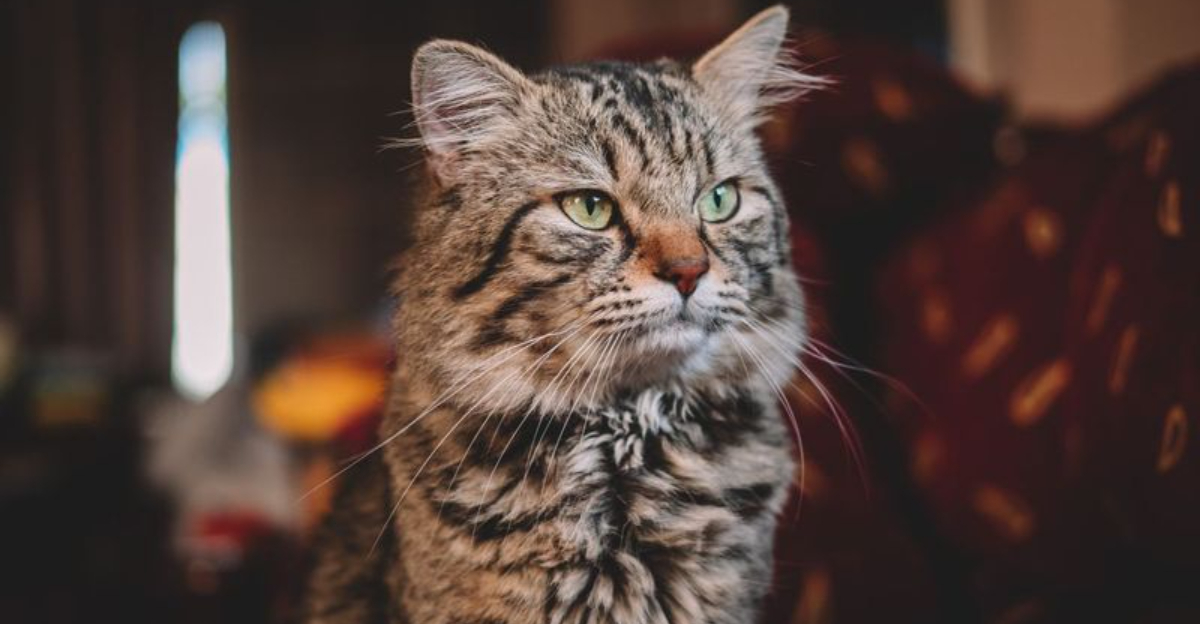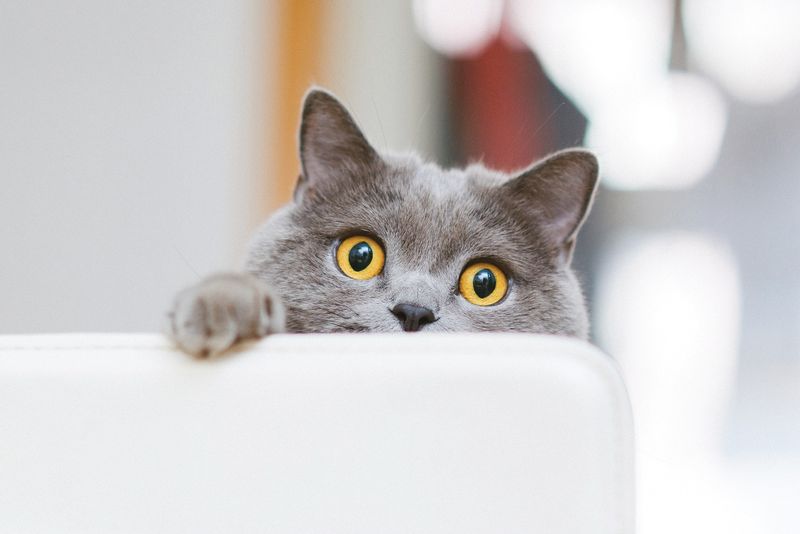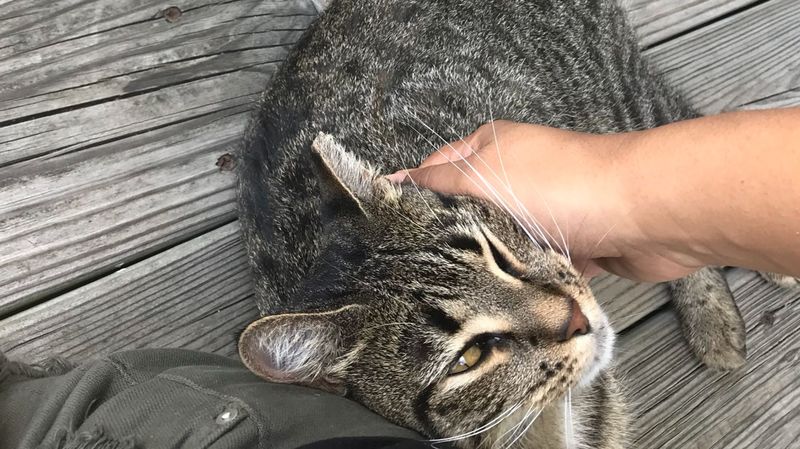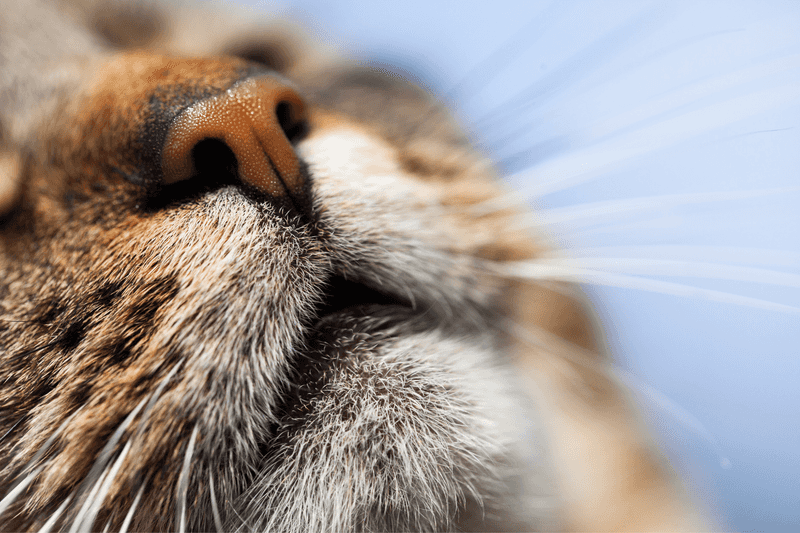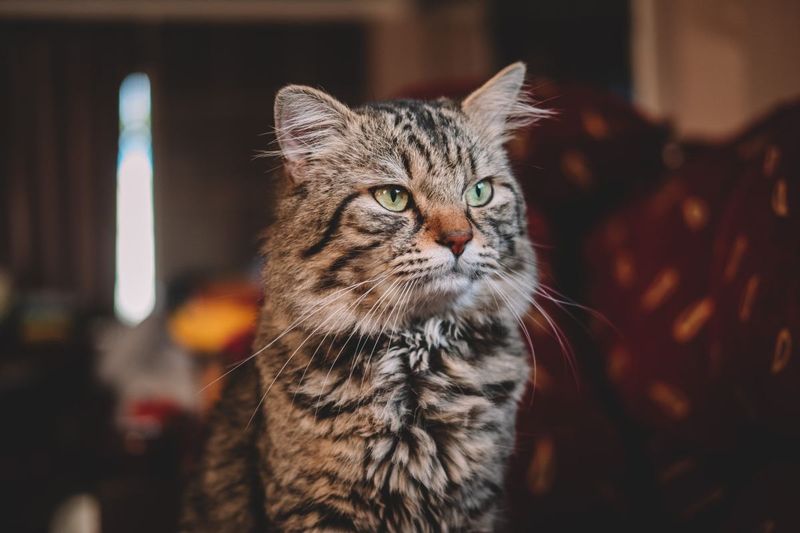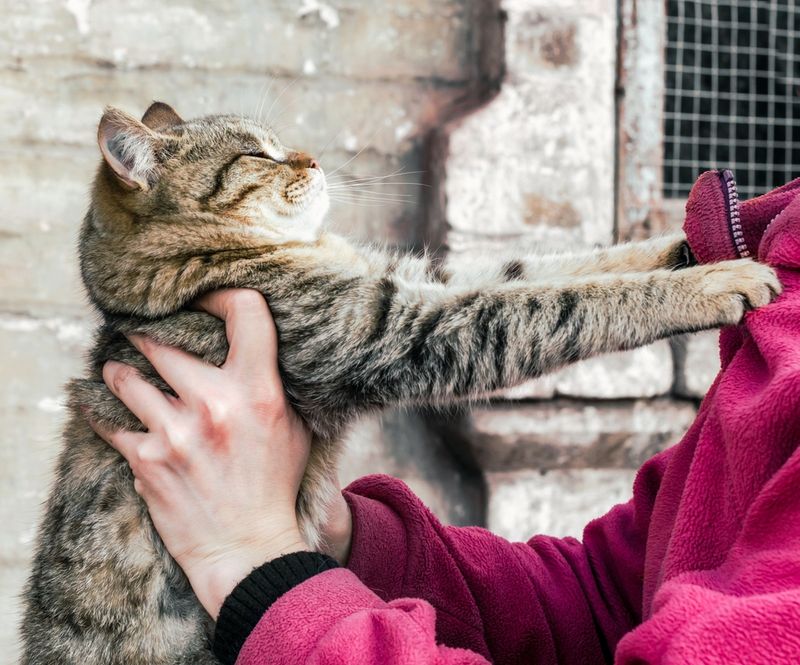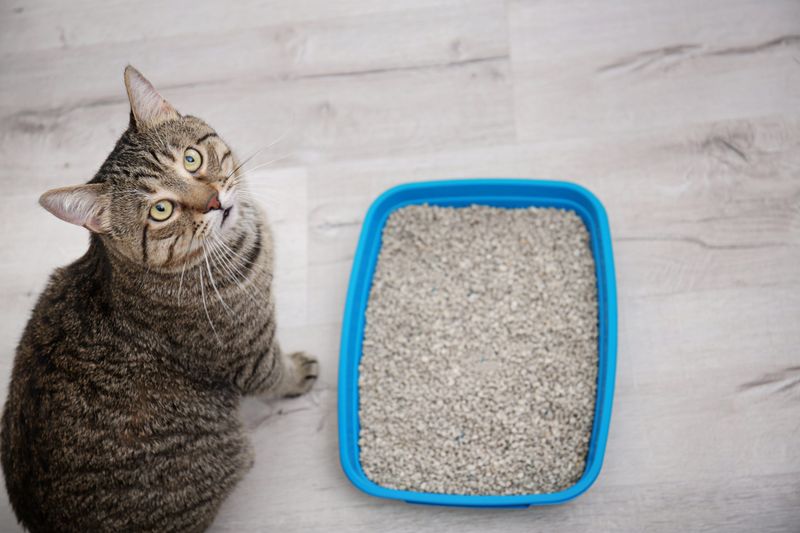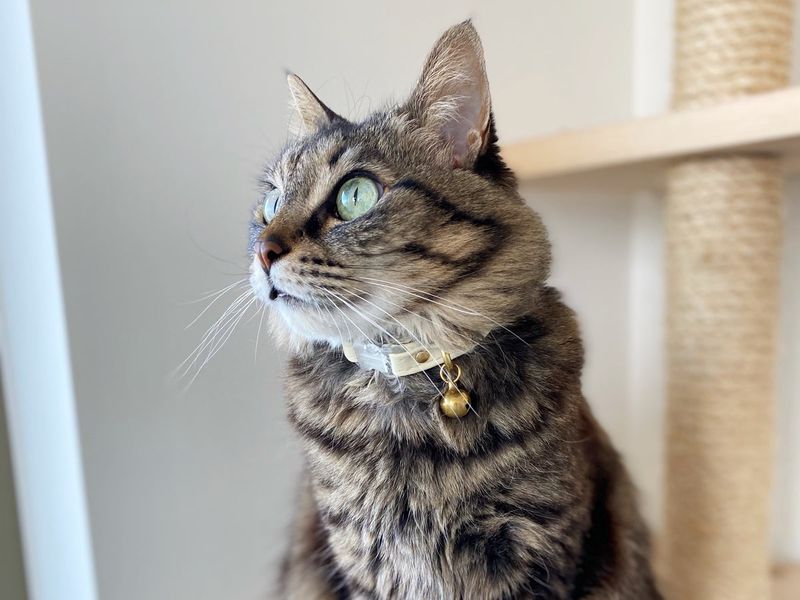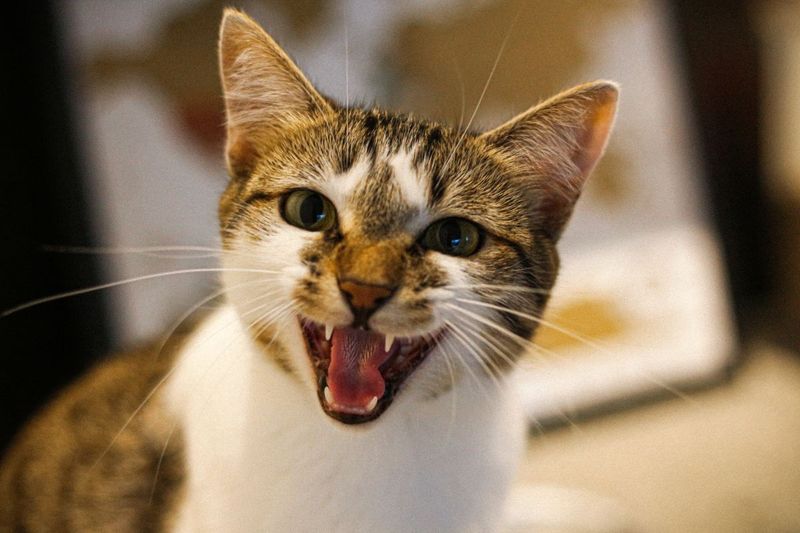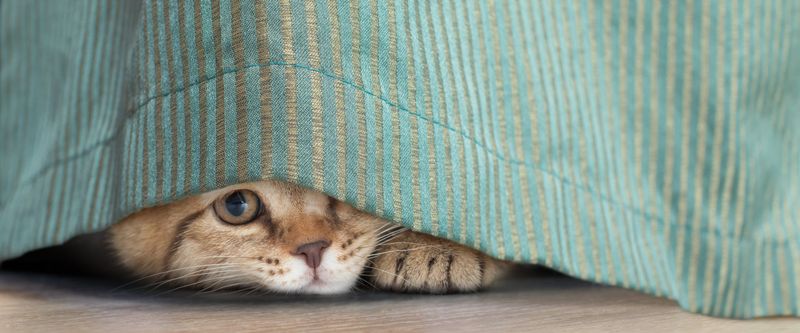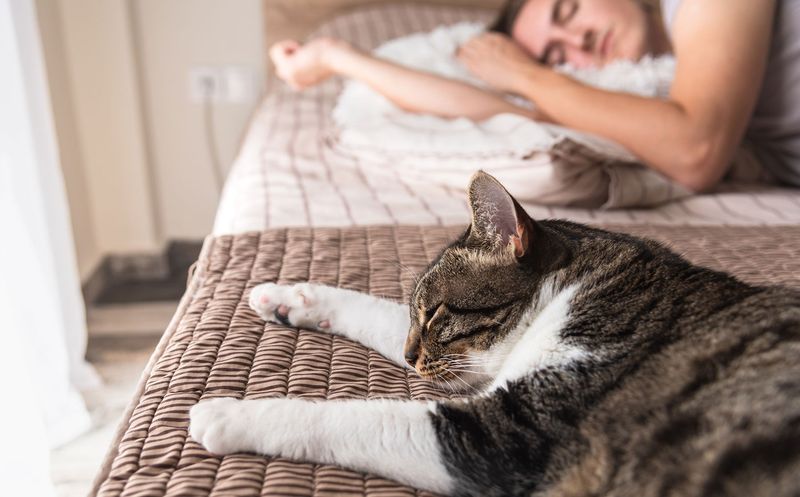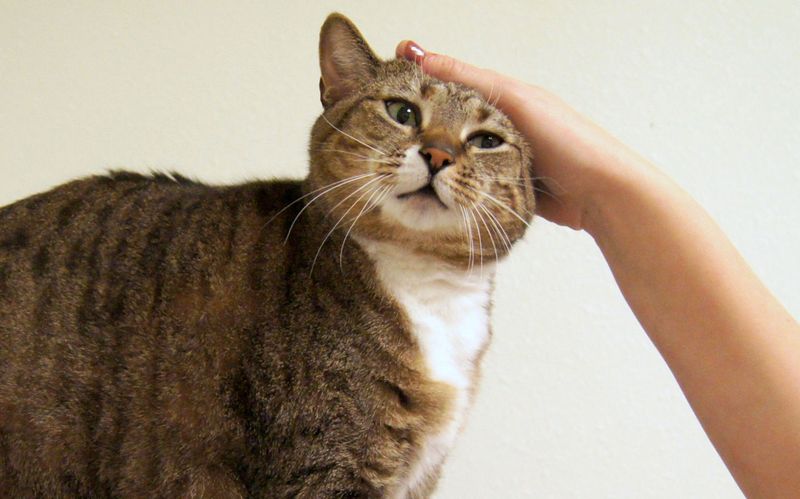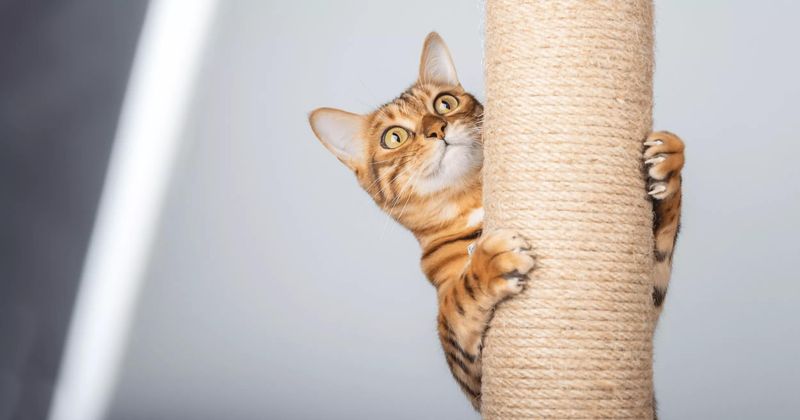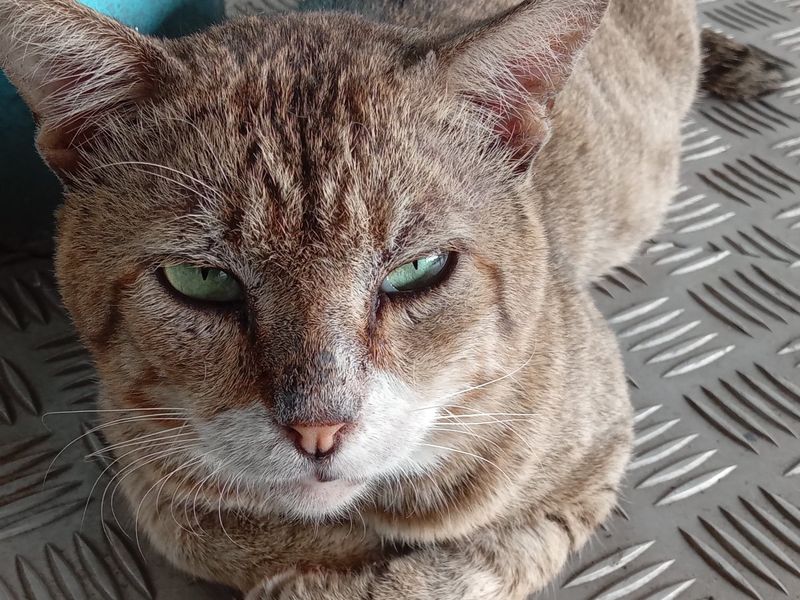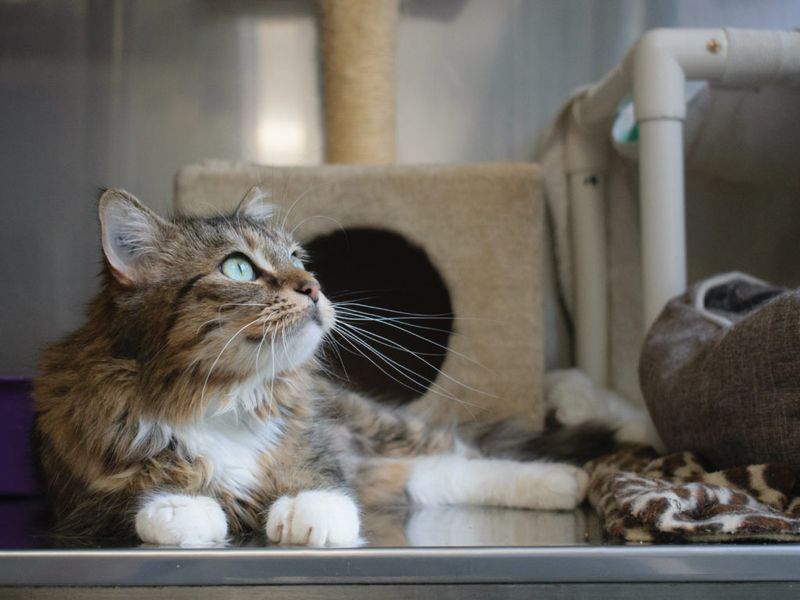Cats are fascinating creatures with unique personalities. They communicate in subtle ways, and sometimes, without even realizing it, we might be doing things that annoy them.
Understanding these behaviors can help us become better pet owners and foster a harmonious relationship with our feline friends. In this blog post, we will explore 15 common yet unintentional ways you might be annoying your cat.
1. Loud Noises
Cats have highly sensitive ears, which makes them particularly vulnerable to loud noises. A sudden burst of sound, whether it’s from a TV, vacuum cleaner, or children playing, can startle them. Such disruptions can create stress and anxiety, leading to a withdrawn or agitated feline.
To minimize this, provide a quiet space where your cat can retreat. Allow them the peace they need to feel secure. Soft music or white noise can help mask disruptive sounds.
Respect their need for calm, especially if they find refuge in a quieter corner.
2. Too Much Petting
While cats often enjoy being petted, there’s a limit to how much attention they desire. Over-petting can overwhelm them, causing discomfort. Signs of irritation include flicking tails, flattened ears, or attempts to escape.
Pay attention to your cat’s body language. If they seem anxious or try to move away, give them space.
Learn to recognize when they’ve had enough. A little observation goes a long way in maintaining trust and affection in your relationship.
3. Ignoring Your Cat
Cats, like humans, need social interaction. Ignoring your feline friend can lead to feelings of neglect. They might react by becoming more vocal or misbehaving to get your attention.
Make time each day to connect with your cat. Simple acts like playing, talking, or even just sitting quietly together can strengthen your bond.
Remember, a little attention can go a long way. Creating a routine can help ensure they feel loved and secure.
4. Strong Scents
Cats’ noses are incredibly sensitive, and strong scents can be overwhelming. Whether it’s food, cleaning products, or perfumes, these odors might irritate them.
Try using unscented or cat-friendly products. When cooking, ensure your cat has a scent-free zone to retreat to.
Being mindful of their olfactory needs can prevent discomfort and improve their overall well-being.
5. Inconsistent Routines
Cats thrive on consistency and routine. Sudden changes in their environment, feeding times, or daily interactions can cause stress and confusion.
Keep to a regular schedule for feeding and playtime. Maintain familiar surroundings as much as possible and introduce changes gradually.
Stability provides comfort and security, helping to keep your cat happy and stress-free.
6. Holding Them Too Long
Cats often enjoy being held, but not always for extended periods. Holding them too long can make them feel trapped and anxious.
Watch for signs of discomfort, such as squirming or growling, and release them gently.
Respect their space and independence, allowing them to come and go as they please.
7. Not Cleaning Litter Box
A clean litter box is crucial for a cat’s comfort. Neglecting this can lead to unpleasant odors and an unhappy cat. They might even refuse to use it, leading to accidents elsewhere.
Regularly scoop out waste and change the litter. Ensure the box is in a quiet, accessible location.
A fresh litter box promotes hygiene and happiness.
8. Uncomfortable Collars
Collars serve a purpose, but an ill-fitting one can be uncomfortable for your cat. If it’s too tight or heavy, your feline might become distressed, trying to remove it.
Choose collars that fit well and are made from lightweight materials. Ensure there’s enough space for comfort.
A comfortable collar will keep your cat safe without causing irritation.
9. Sudden Movements
Cats are naturally alert and quick movements can startle them. This response might lead to stress or fear, affecting their sense of security in your home.
Whenever possible, move calmly and predictably around your cat. This helps them feel safe.
Your mindful movements can create a peaceful environment for your feline friend.
10. Teasing or Rough Play
Teasing or engaging in rough play can be stressful for cats. Even playful gestures can be perceived as threats, leading to defensive behavior.
Teach children and visitors to interact gently. Use toys instead of hands to play with your cat.
This ensures your pet feels safe and can trust the humans around them.
11. Interrupting Sleep
Cats cherish their nap time, and interruptions can be quite annoying. A noisy environment or unnecessary disturbances can impact their sleep quality.
Try to keep noise levels down during their rest. Provide a quiet and cozy space for undisturbed sleep.
Respecting their need for rest is key to a happy cat.
12. Touching Sensitive Areas
Cats have sensitive areas like their tails, ears, and bellies. Touching these spots can make them uncomfortable or agitated.
Learn which areas your cat prefers to be petted and respect their boundaries. Avoid sensitive spots unless your cat explicitly enjoys it.
Understanding their likes and dislikes fosters trust in your relationship.
13. Not Providing Scratching Posts
Scratching is a natural behavior for cats to mark territory and maintain claw health. Without a proper outlet, they might resort to your furniture.
Invest in sturdy scratching posts placed in accessible areas. Encourage their use with catnip or toys.
Providing for their needs prevents destructive behavior and keeps both cat and owner happy.
14. Lack of Mental Stimulation
Cats are intelligent creatures that need mental stimulation. A lack of it can lead to boredom, depression, or mischievous behavior.
Engage your cat with toys, puzzles, and interactive play. Rotate activities to keep them exciting and challenging.
Keeping their minds active ensures a well-rounded, content feline.
15. Not Enough Vertical Space
Cats love to climb and observe their surroundings from heights. Without vertical spaces, they might feel confined or bored.
Provide cat trees or shelves that allow them to explore vertically. Ensure these are stable and safe for climbing.
Vertical spaces enrich their environment, offering both exercise and entertainment.
